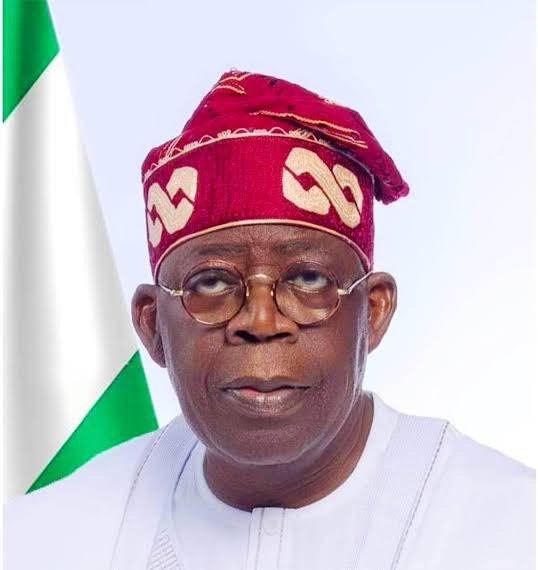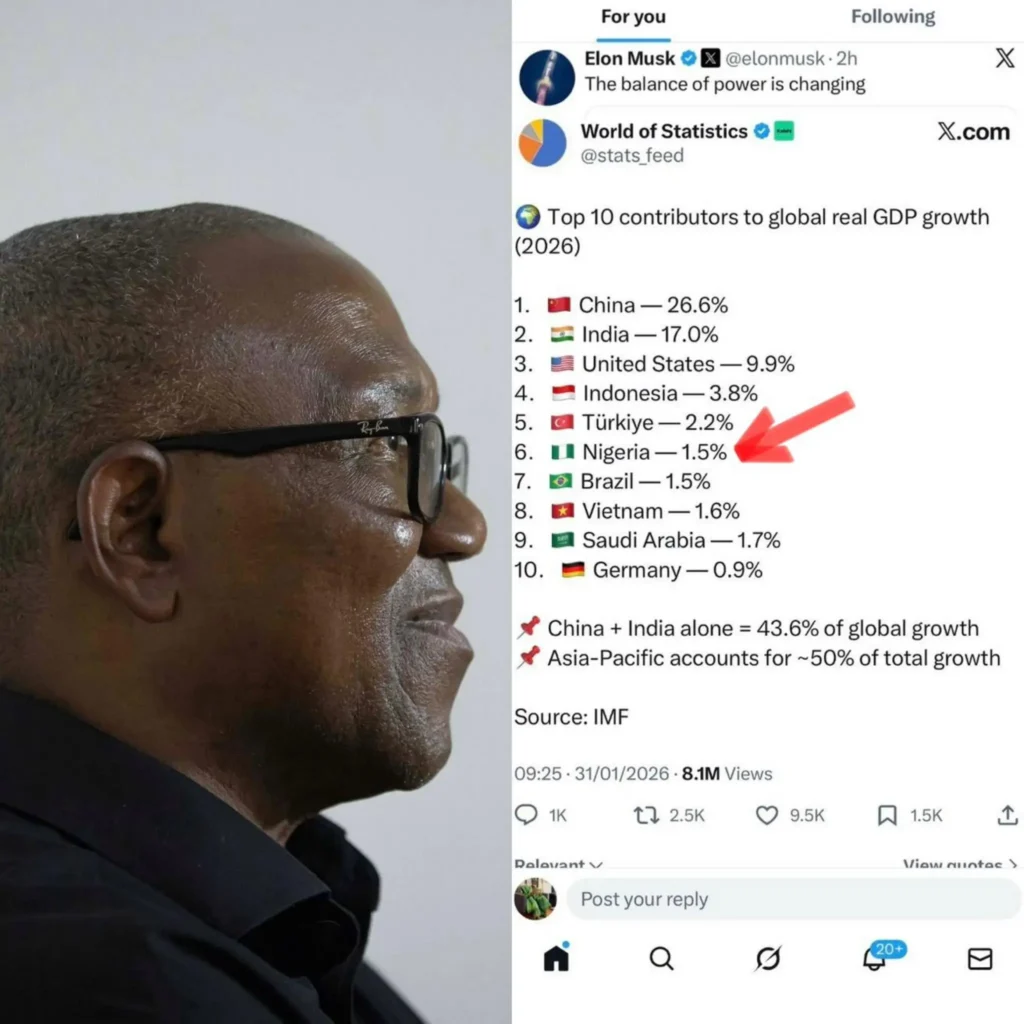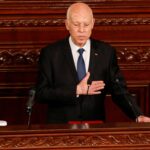Tinubu Prioritizes South East in National Development Plan, Commissions Major Road Projects in Aba

In a major push for inclusive national economic growth, President Bola Ahmed Tinubu has reaffirmed his administration’s commitment to the economic regeneration of Nigeria’s South East region, emphasizing that transforming transport infrastructure in the zone is a critical component of his Renewed Hope agenda.
This assurance was delivered through the Honourable Minister of Works, Engr. Nweze David Umahi, during the President’s state visit to Abia State for the commissioning of Port Harcourt Road and seven other road clusters in Aba.
The event, held at the Aba Township Stadium, drew enthusiastic crowds and signified a renewed partnership between the federal and state governments in infrastructure development.
According to the Minister, who represented the President at the event, Abia State holds a strategic position in the economic framework of Nigeria.
He revealed that the federal government is undertaking massive road infrastructure projects across the region to unlock its economic potential.
Senator Umahi disclosed that the dualisation of the 56-kilometre Umuahia-Aba Road, costing ₦66 billion, is currently underway, and that 14 kilometres of the 49-kilometre Umuahia-Ikot Ekpene Road have already been completed. The remaining 35 kilometres, he said, had been handed over to the Abia State Government for completion.
He explained that this road would serve as a crucial link in the broader Lagos-Calabar Coastal Highway, which when completed, would allow commuters to reach Lagos from the South East in just five hours. Senator Umahi further noted that 50 kilometres of the Ikot Ekpene-Aba Road have been completed at the cost of ₦65 billion, with work about to commence on the second carriageway.
Speaking on the long-abandoned Port Harcourt-Aba Road, he announced that one carriage of the 43-kilometre stretch has been fully completed, making it possible to travel from Aba to Port Harcourt in just 15 minutes. He emphasized that the road will significantly benefit traders and entrepreneurs who rely on the Onne Port Complex.
Umahi confirmed that 15 kilometres of the road—forming one half of the planned double carriageway—have been finished, ensuring seamless access to the port from Aba in under 30 minutes.
The Minister also praised the leadership of Governor Alex Otti, describing him as a visionary economist with a clear strategy for returning Abia to a path of prosperity.
He remarked that Aba’s transformation is visible and commendable, stating that the city had “recovered its lost glory” under the current administration.
In his welcome address, Governor Otti expressed gratitude to President Tinubu for his administration’s unprecedented support for the South East, particularly through the rehabilitation and reconstruction of critical highways.
He acknowledged that Aba, a long-standing hub of commerce and industry, has seen renewed economic activity following the reconstruction of the Aba-Port Harcourt Expressway from Alaoji and the Aba-Ikot Ekpene Federal Highway.
According to him, the improved roads have brought in thousands of customers weekly from Port Harcourt, Uyo, Calabar, and other cities, revitalizing local businesses and bolstering regional trade.
Describing Aba as a symbol of resilience and entrepreneurship, Governor Otti pledged that his administration would continue investing in projects that shape the destiny of the people.
He voiced optimism that the state would keep enjoying federal support in addressing its socio-economic challenges.
The Governor also extended his appreciation to President Tinubu for appointing Senator Umahi as Minister of Works, noting that he was a “round peg in a round hole” whose dedication to the road revolution agenda had already yielded tangible results.
President Tinubu, through Senator Umahi, officially commissioned a set of roads deemed economically vital for the people of Abia State.
These included the reconstructed Port Harcourt Road, Ohanku Road, Ndoki Road, Ajiwe Road, Umuatako Road, Gabriel Nwosu Road, Nkoro Road, and People’s Road.
The event underscored the Tinubu administration’s broader national development agenda, which aims to bridge infrastructural gaps across Nigeria’s geopolitical zones, boost regional economies, and create a more connected and competitive nation.









